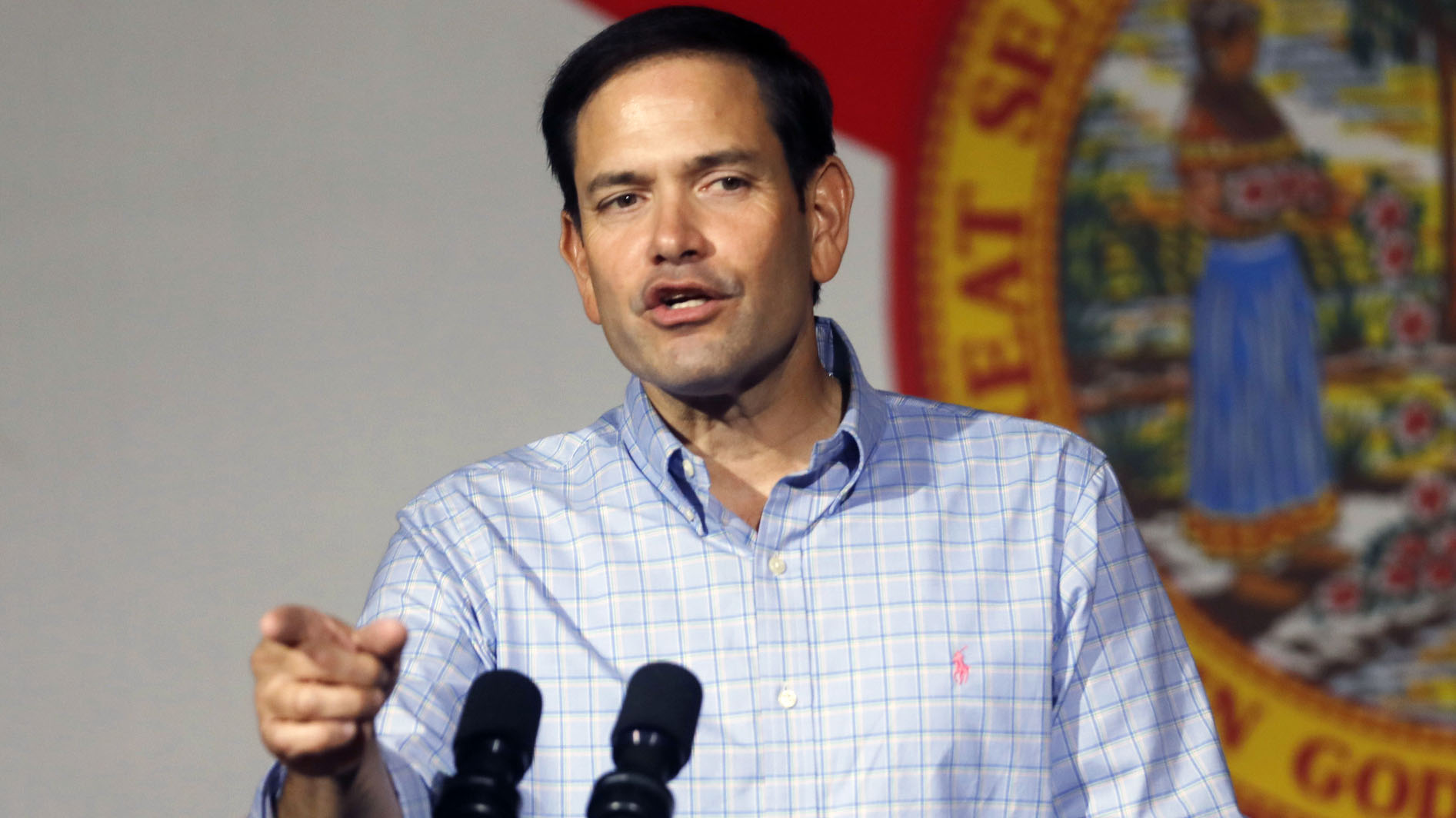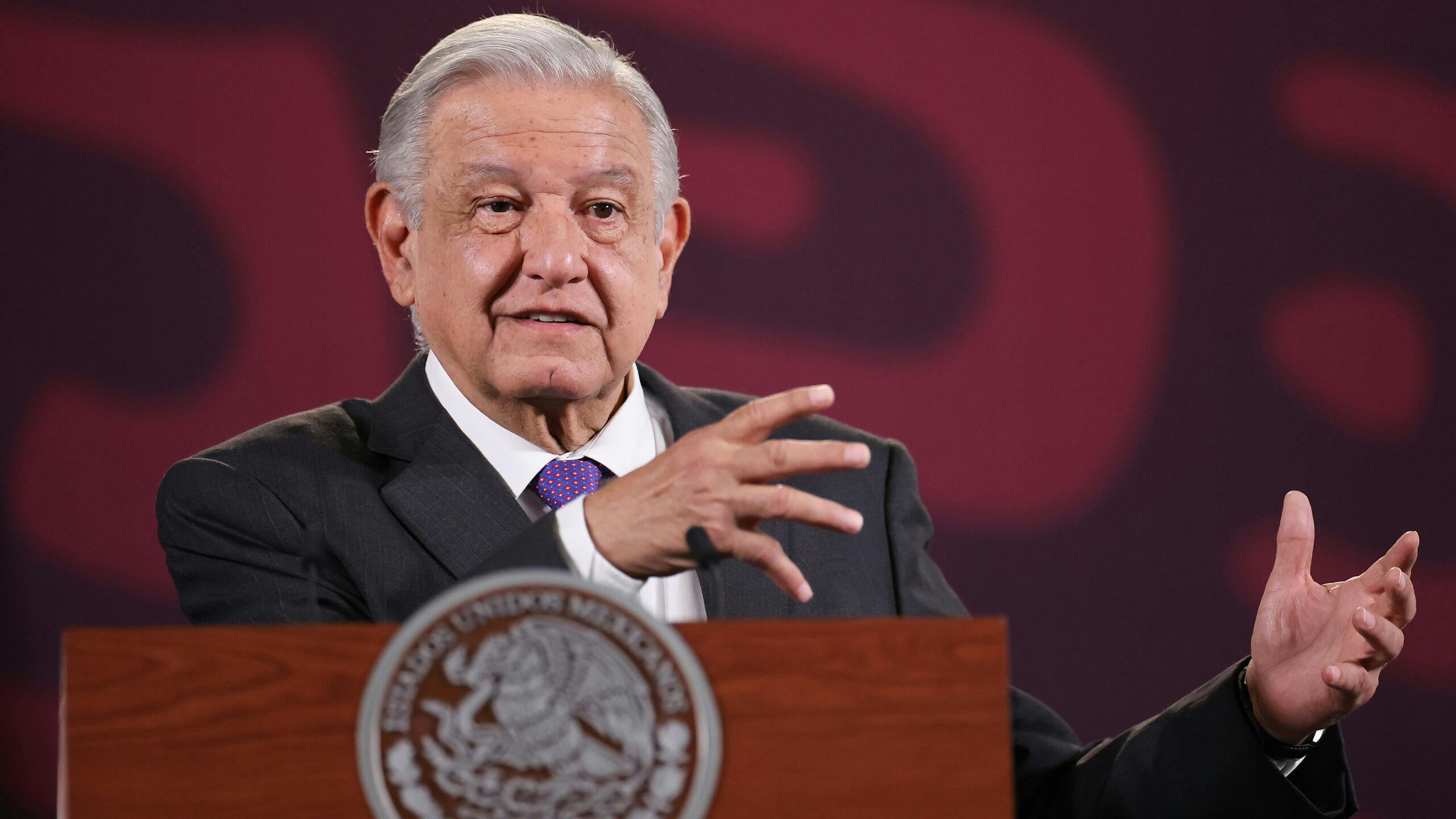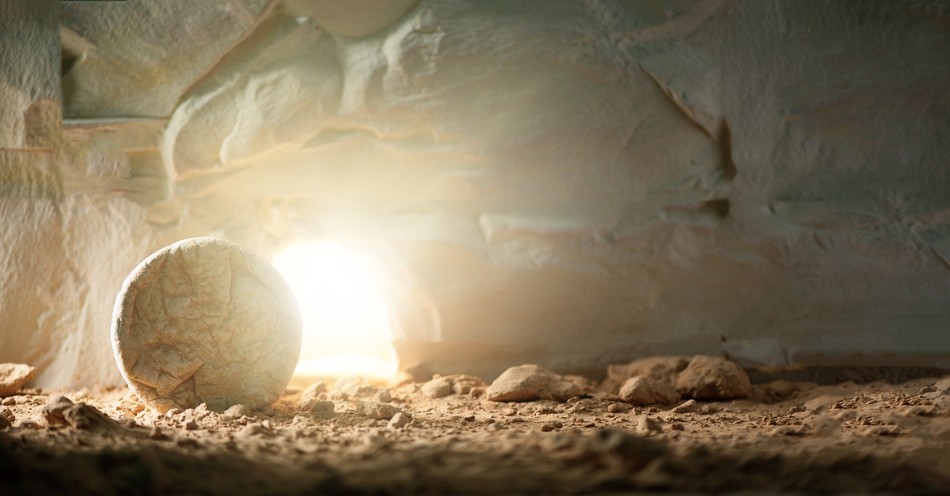
www.dailywire.com
Marco Rubio Nukes ABC’s Jonathan Karl: ‘Every Single Day‚ We Wake Up To A New Crisis’ Under Biden
Sen. Marco Rubio (R-FL) slammed ABC News host Jonathan Karl during an interview over the weekend after Karl tried to push back on an argument that Rubio made about how the world has become dramatically more dangerous under President Joe Biden.
Rubio made the remarks Sunday on “This Week” while talking about recent reports that former President Donald Trump is considering making Rubio his presidential running mate.
“I think anyone who is offered the opportunity to serve this country as vice president should be honored by the opportunity to do it if you are in public service‚” Rubio said. “I’m in the Senate because I want to serve the country. Being vice president is an important way to serve the country.”
Karl tried to shame Rubio for making the comments by pointing out some unflattering things that Trump has said and done in the past.
“I will tell you this‚ that when Donald Trump was President of the United States‚ this country was safer‚” Rubio fired back. “It was more prosperous. We had — we had relations‚ for example‚ in a part of the world that I care about called the Western Hemisphere that we’re very strong‚ we had a lot of good things done there.”
“I think the country and the world was at a better place when he was president‚ and I would love to see him return to the White House compared to the guy who’s there now‚ Joe Biden‚ who’s been a disaster economically‚” he continued. “Look at the world‚ every single day we wake up to a new crisis‚ to a new conflict. Everything has gone on fire since the time Joe Biden took over. Afghanistan’s gone down. Ukraine has been invaded. Now‚ the Philippines and the Chinese are on the verge of something bad happening every single day. Not to mention the threats to Taiwan. And we have this blowup in Haiti going on in our very own hemisphere. We wake up every single day‚ terrorist attacks‚ 9 million people across the border. That’s what matters to me.”
Karl tried to defend Biden after Rubio highlighted his record: “But – but – but you’re – but — I mean – I mean you’re not suggesting that’s all happening because of Biden and everything?”
“Absolutely‚ I am‚” Rubio responded. “Absolutely‚ I’m suggesting it’s happening because of Biden. He’s president and his weakness and his –”
“Just because of Biden that – that Russia invaded Ukraine?” Karl interrupted.
“Absolutely‚” Rubio pushed back. “Absolutely. I mean Putin is sitting there saying‚ these guys can’t even stand up to the Taliban and they have to fly people hanging off the wings of these airplanes. Now is the time to go.”
CLICK HERE TO GET THE DAILYWIRE+ APP
WATCH:
Sen. Marco Rubio says anyone would be “honored” to serve as VP‚ but tells @JonKarl that he has not spoken with former Pres. Trump about being his running mate.
“That's the decision he's going to make. He has plenty of really good people to pick from.” https://t.co/MFPmHskhoN pic.twitter.com/B2BVL9W4S6
— This Week (@ThisWeekABC) March 24‚ 2024

















